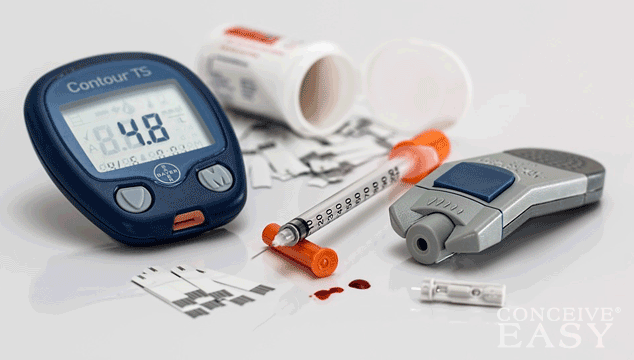![]() The information provided by our expert should not constitute a diagnosis of your condition. Always consult a medical practitioner or healthcare provider for a formal diagnosis. By making use of this content, you agree that ConceiveEasy and the expert assume no liability.
The information provided by our expert should not constitute a diagnosis of your condition. Always consult a medical practitioner or healthcare provider for a formal diagnosis. By making use of this content, you agree that ConceiveEasy and the expert assume no liability.
When you become pregnant, it is a guarantee that you will need blood work. Certain blood tests are given to every pregnant woman in order to determine if there are any potential problems that doctors need to watch for. For the most part, the tests you take will be the same as the ones all the other pregnant women take. Claim Your 20 Free Pregnancy Tests – Click Here
However, there is a possibility that you will require further testing if something does show up. Here is some more information to help you learn about these tests.

When you first find out that you are pregnant, the first thing your doctor will do is take a blood sample. With this initial test, your doctor will be looking for problems that could affect your pregnancy and your baby. For example, they will test for things like STDs, hepatitis B, rubella, cystic fibrosis and other conditions that are common.
The tests will also determine your blood type and will check your glucose, hemoglobin, cell counts and Rh factor. These initial tests are all ones that will help doctors determine what type of treatment you may require as you progress in your pregnancy.
Down the road, you will be given another blood test that tests for gestational diabetes. This is usually given around the 28 week mark of your pregnancy. Some women elect for further testing that helps look for birth defects that the baby may have as well as infections. Tests of these natures can be given at any point in your pregnancy.

Having blood drawn is one of the safest procedures out there. A simple vial is drawn from the blood in your arm and there is no risk for harming you or the baby during this time. After the blood is drawn, your doctor will have the blood analyzed in the lab. They will then contact you if there is a problem so that you can begin the proper treatment.
For women who do have problems show up in their blood report, treatment may be necessary, but some simply need additional monitoring. Your doctor is likely to order several ultrasounds throughout your pregnancy in order to make sure you and the baby are staying safe and healthy.
Having blood drawn while you are pregnant is a natural part of the process. Talk to your doctor about the tests they are performing so that you can learn more about them. You will also want to discuss your results with your doctor at your appointment following the bloodwork.










Comments